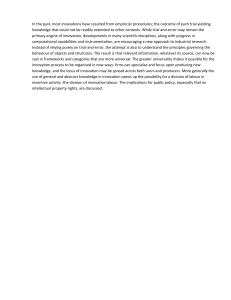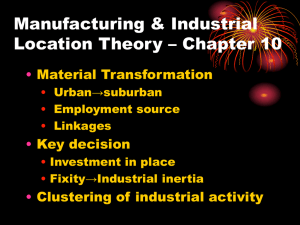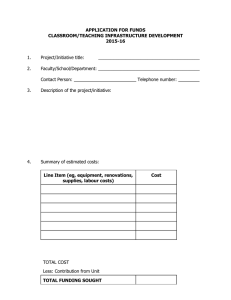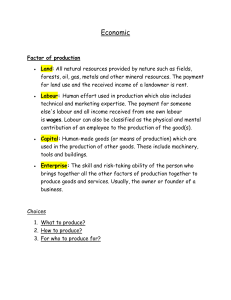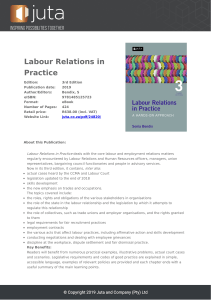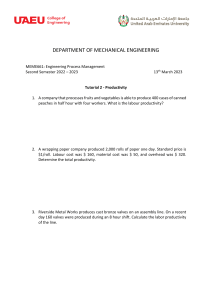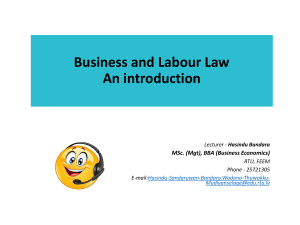Uploaded by
maryanneerkigutah
Innovation Evolution: From Trial-and-Error to Principles
advertisement
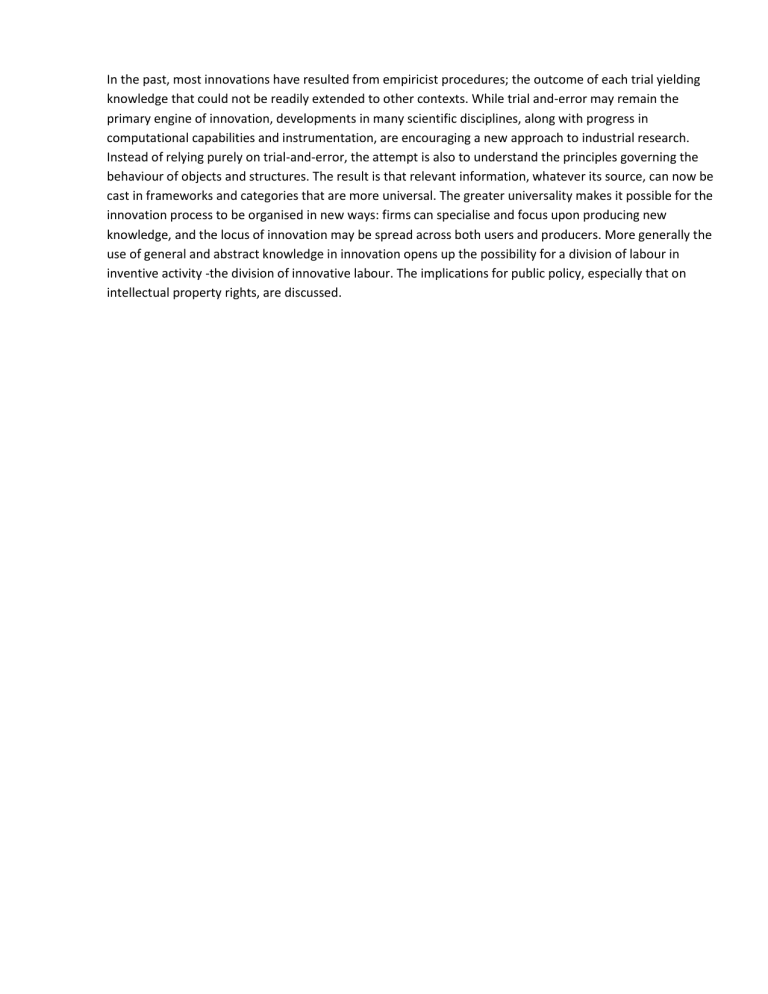
In the past, most innovations have resulted from empiricist procedures; the outcome of each trial yielding knowledge that could not be readily extended to other contexts. While trial and-error may remain the primary engine of innovation, developments in many scientific disciplines, along with progress in computational capabilities and instrumentation, are encouraging a new approach to industrial research. Instead of relying purely on trial-and-error, the attempt is also to understand the principles governing the behaviour of objects and structures. The result is that relevant information, whatever its source, can now be cast in frameworks and categories that are more universal. The greater universality makes it possible for the innovation process to be organised in new ways: firms can specialise and focus upon producing new knowledge, and the locus of innovation may be spread across both users and producers. More generally the use of general and abstract knowledge in innovation opens up the possibility for a division of labour in inventive activity -the division of innovative labour. The implications for public policy, especially that on intellectual property rights, are discussed.
